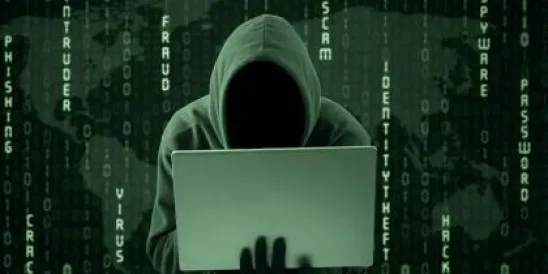On April 28, the United States and Japan reached an agreement to form a cybersecurity alliance between the countries. Faced with the growth of hacking threats from countries like China and North Korea and nonstate actors, the White House hopes to leverage the alliance along with other efforts to encourage the growth of international cyber norms. As Cory Bennett describes in The Hill article White House Unveils Cyber Part with Japan, “U.S. officials have publicly acknowledged that several countries — including Asian power China — are sitting on the United States’ critical networks, collecting data and possibly waiting to attack.”
As part of the new alliance, Japan and the United States have agreed to share cybersecurity data such as threat data regarding hackers and assistance in strengthening cybersecurity infrastructure. The alliance also allows Japan to engage in some international cybersecurity initiatives. Bennett’s article describes the alliance as a step toward establishing broader international cybersecurity norms, noting that the countries agreed to develop “peacetime cyber norms” and to coordinate efforts with international organizations like the United Nations. The White House hopes that building international consensus behind some cyber norms will give the United States more authority to prosecute bad actors. Although the United States has expressed grave concern about the growth of hacking threats, particularly from state actors like China, it has been hesitant to retaliate. The Obama administration indicted five Chinese military servicemen last year on hacking charges, but this has been viewed as “a largely symbolic measure.” The new US-Japan cybersecurity alliance may be a model for future cooperation among other nations that may lead to new cyber norms and new policing of international cyber threats.



 />i
/>i

